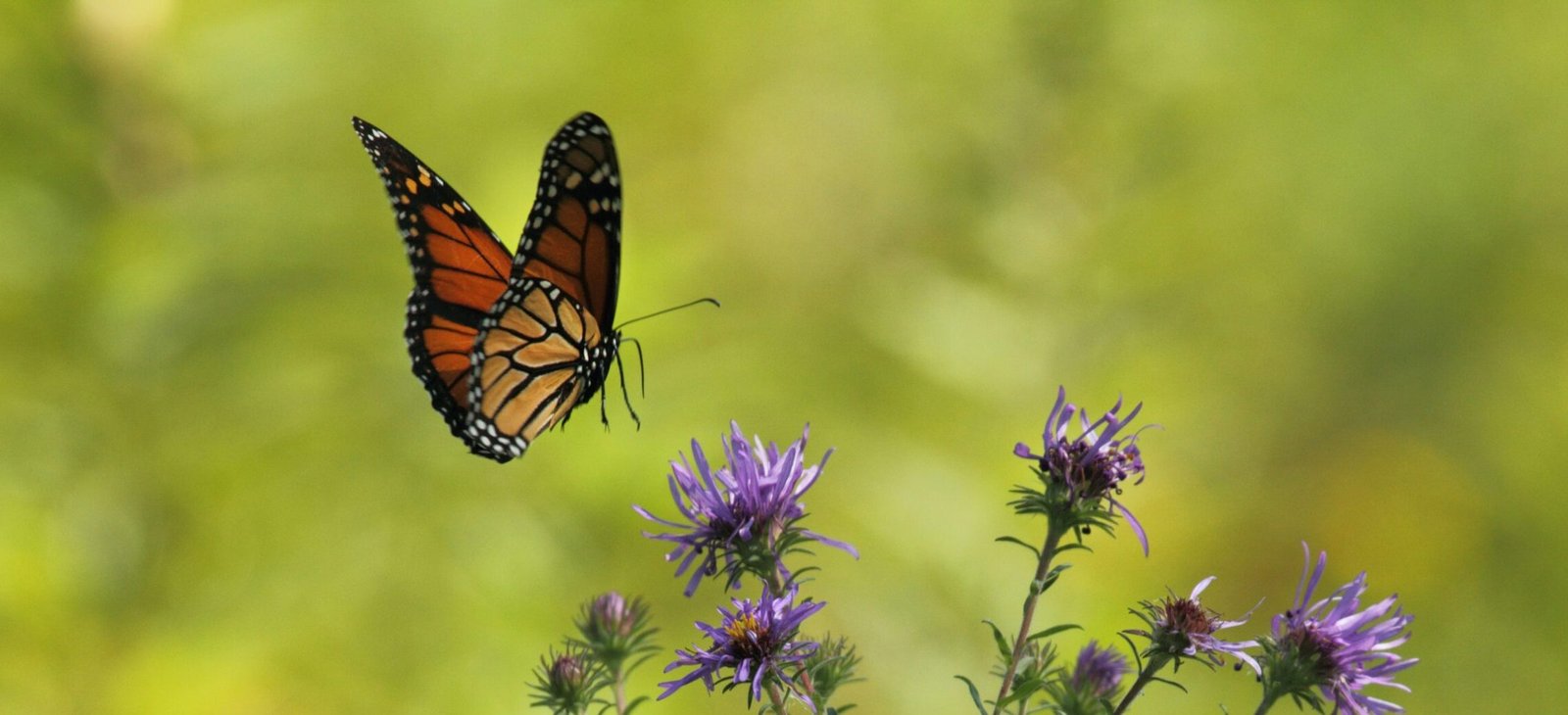Hey there, plant enthusiasts! We’ve all seen those picture-perfect gardens in magazines, overflowing with blemish-free fruits and veggies. But achieving that level of perfection often comes at a cost: pesticides. Now, I understand the frustration of watching your precious tomato plants become a caterpillar buffet. But as your friendly neighborhood gardener, blogger, and SEO expert, I want to explore the possibility that those sprays we use to protect our plants might actually be harming our health in the long run.
Let’s break it down. Pesticides are like tiny assassins, targeting specific bugs. The problem? They often leave collateral damage. These chemicals can linger on fruits and vegetables we eat, and residues can even seep into the soil and water used for irrigation. Think of it like invisible paint – even after washing your produce, trace amounts might remain. While these residues might not cause immediate problems, research suggests a potential link between long-term, low-dose exposure to pesticides and some concerning health issues:
- Hormonal Havoc: Some pesticides mimic natural hormones in our bodies. Imagine them as imposters sneaking into our internal orchestra, throwing off the delicate balance. This disruption can potentially affect development, and reproduction, and even increase the risk of certain cancers.
- Brain Drain: Studies suggest chronic exposure to pesticides might be linked to neurological problems like memory loss or difficulty concentrating. Think of it like static on a radio signal – the pesticides could be interfering with the clear communication pathways in our brains.
It’s important to remember that these are potential risks, and more research is definitely needed. But even if the dangers aren’t fully clear, wouldn’t you rather err on the side of caution? Luckily, there are plenty of ways to keep your garden thriving without resorting to chemical warfare!
Beyond the Label: A Deeper Look at Pesticide Risks
Here’s a more scientific look at why some experts are concerned about pesticide use:
- Bioaccumulation: Pesticides can build up in the bodies of animals over time. Imagine a crescendo of these chemicals getting louder with each bite in the food chain. This can have serious health consequences for birds, fish, and even humans who consume contaminated produce.
- Disrupted Ecosystems: Pesticides can harm beneficial insects like ladybugs and butterflies, which are nature’s pest control team. This disrupts the ecosystem’s delicate balance, leading to a population boom of the very pests we’re trying to control – a self-defeating cycle!
- Antibiotic Resistance: Some studies suggest that overuse of pesticides might contribute to the development of antibiotic resistance in certain bacteria. This could make it harder to treat infections in the future.
Cultivating a Healthy Garden (and You): Alternatives to Pesticides
By embracing these natural methods, we can create a thriving garden ecosystem that’s good for us, good for the environment, and good for those little buzzing pollinators we all love – the bees!
- Go Organic (Whenever Possible): Opt for certified organic produce whenever you can. These fruits and veggies are grown without synthetic pesticides, reducing your exposure to those concerning chemicals.
- Wash Wisely: Even with organic produce, a good rinse is crucial. Wash your fruits and veggies thoroughly under running water for at least 30 seconds, removing any surface residues.
- Embrace Beneficial Insects: Introduce ladybugs, praying mantises, or lacewings to your garden. These natural predators will happily take care of the aphid problem, acting like nature’s pest control brigade!

- Companion Planting: Certain plants, like marigolds, release compounds that repel pests. Planting them near your veggies disrupts the “aphid party” before it even starts!
- Natural Remedies: Consider using insecticidal soap or neem oil for pest control. These are effective against many insects and are much gentler on the environment and your health.
Conclusion: A Garden Symphony of Health
Think of your garden as a symphony. Lush vegetables sway in the breeze like cellos, bees buzz a happy tune like violins, and ladybugs flit about like cheerful piccolo players. This vibrant orchestra creates a harmonious melody, and each creature plays a crucial role. But pesticides can be like a loud, jarring note, disrupting the entire symphony. By choosing natural methods, we can keep the music playing and create a haven for all the creatures who call our gardens home. Remember, a healthy garden is about more than just picture-perfect produce – it’s about creating a vibrant ecosystem that nourishes not just our bodies, but our well-being too. So, happy (and healthy) gardening, everyone!

